The Department of International Studies prepares you for the increasingly complex and interconnected world of the 21st century. Whether you are passionate about human rights, media, education, the environment, or public health, when you pursue an International Studies degree at IU you will learn how to analyze these global issues through a multidisciplinary context and acquire the skills required of tomorrow’s global leaders. Additionally, you will develop deep knowledge of at least one region outside the US, and fluency in another language. An integral part of the Hamilton Lugar School of Global and International Studies, the department offers Bachelor of Arts and Bachelor of Science degrees as well as graduate degrees. Our students go on to meaningful careers in government, NGOs, corporations, foundations, media outlets, and policy institutes; but most importantly, emerge from our department as ethical citizens of the world.
Welcome!
Upcoming Events
There are no events at this time.
Recent Faculty Achievements
 Kate Hunt was recently quoted in two articles: 'We will adopt your baby' meme goes viral as debates around Roe reach fever pitch and Essential Politics: On the GOP’s response to the rape of a 10-year-old girl.
Kate Hunt was recently quoted in two articles: 'We will adopt your baby' meme goes viral as debates around Roe reach fever pitch and Essential Politics: On the GOP’s response to the rape of a 10-year-old girl.
 Sarah Bauerle Danzman published an analysis in The Monkey Cage: CHIPS+ could change the U.S. semiconductor supply chain, and more.
Sarah Bauerle Danzman published an analysis in The Monkey Cage: CHIPS+ could change the U.S. semiconductor supply chain, and more.
 Huss Banai conducted an in-depth interview on the new government in Iran for Voice of America’s “Press Conference USA” podcast. It can be found here.
Huss Banai conducted an in-depth interview on the new government in Iran for Voice of America’s “Press Conference USA” podcast. It can be found here.
 Sarah Bauerle Danzman presented her co-authored, NSF-funded work at the American Political Science Association's annual conference: Public-Private Partnerships? The Social Connections between Business and Government in Comparative Context.
Sarah Bauerle Danzman presented her co-authored, NSF-funded work at the American Political Science Association's annual conference: Public-Private Partnerships? The Social Connections between Business and Government in Comparative Context.
She also presented Investment Screening and Supply Chain Security- The U.S. Perspective at Harvard's Program on U.S.-Japan Relations.
On Oct. 23, she presented her co-authored work: The Big Screen: Mapping the Diffusion of Foreign Investment Screening Mechanisms at the Annual International Political Economy Society meeting in Boulder, CO
 Andrew Bell was awarded a visiting research fellowship with the University College London (UCL) Centre on U.S. Politics for the 2021-2022 academic year.
Andrew Bell was awarded a visiting research fellowship with the University College London (UCL) Centre on U.S. Politics for the 2021-2022 academic year.
He also presented a research talk, titled “Norms, Socialization, and Restraint in War,” to the Folk Bernadette Academy (the Swedish government international aid and development agency) on June 17, 2021 (online). Additionally, he presented his research on “Socialization, Restraint, and the Combatant’s Trilemma,” at the American Political Science Association’s Annual Meeting in September 2021 (online panel).
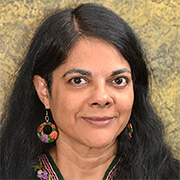 Purnima Bose gave an invited talk, “Withdrawal Narratives: Afghanistan, the US, and the ‘End’ of the Forever War,” at Purdue University Fort Wayne, as part of the College of Arts and Sciences Distinguished Lecturer Series on October 13, 2021. She also guest-lectured in a mass communications and an introduction to news writing classes.
Purnima Bose gave an invited talk, “Withdrawal Narratives: Afghanistan, the US, and the ‘End’ of the Forever War,” at Purdue University Fort Wayne, as part of the College of Arts and Sciences Distinguished Lecturer Series on October 13, 2021. She also guest-lectured in a mass communications and an introduction to news writing classes.
On September 30, she also gave a talk for the Hutton Honors College Series on “September 11, 2001-2021: Reflections Twenty Years After the Attacks.”
 On October 21, Nick Cullather moderated a discussion on the Rio Grande in the “Big Rivers in International Politics series sponsored by the Diplomatische Akademie Wien. It can be viewed here.
On October 21, Nick Cullather moderated a discussion on the Rio Grande in the “Big Rivers in International Politics series sponsored by the Diplomatische Akademie Wien. It can be viewed here.
 Hamid Ekbia was a Panelist on “The Crisis of AI” at the 4s Conference (Society of the Social Studies of Science) in Toronto on Oct. 8 (online), a Panelist on “Best Practices of Hybrid Workshops” at the Computing Community Consortium in Washington DC. On Oct. 14-15, and an Invited Speaker on “Paradigm and Possibility” for the European Trade Union Institute (ETUI) in Brussels on Oct. 27.
Hamid Ekbia was a Panelist on “The Crisis of AI” at the 4s Conference (Society of the Social Studies of Science) in Toronto on Oct. 8 (online), a Panelist on “Best Practices of Hybrid Workshops” at the Computing Community Consortium in Washington DC. On Oct. 14-15, and an Invited Speaker on “Paradigm and Possibility” for the European Trade Union Institute (ETUI) in Brussels on Oct. 27.
 Kate Hunt presented at the American Political Science Association Conference in early October. The presentation was about her forthcoming article on abortion activism on social media during the COVID-19 pandemic and was part of a panel featuring articles that will appear in a special issue on "Pandemic Politics" in the journal Perspectives on Politics.
Kate Hunt presented at the American Political Science Association Conference in early October. The presentation was about her forthcoming article on abortion activism on social media during the COVID-19 pandemic and was part of a panel featuring articles that will appear in a special issue on "Pandemic Politics" in the journal Perspectives on Politics.
 Shruti Rana was a Moderator for the Comparative Perspectives Panel at the Conference on Extraterritoriality in International Law held by the Maurer School of Law and Utrecht University on September 17, 2021, and a Panelist at the Symposium on the Unequal Profession, Southwestern Law Review, on October 15, 2021.
Shruti Rana was a Moderator for the Comparative Perspectives Panel at the Conference on Extraterritoriality in International Law held by the Maurer School of Law and Utrecht University on September 17, 2021, and a Panelist at the Symposium on the Unequal Profession, Southwestern Law Review, on October 15, 2021.
 For Episode 26 of The Philosopher and the News, Bill Scheuerman's presented his podcast, "William Scheuerman & Climate Activism"
For Episode 26 of The Philosopher and the News, Bill Scheuerman's presented his podcast, "William Scheuerman & Climate Activism"
He also participated in Episode 16 of The City Politics Podcast, entitled The Climate Emergency and Civil Disobedience.
Publications
 Keera Allendorf's paper, “The Rise of Sonless Families in Asia and North Africa,” was recently accepted by Demography. The paper is co-authored with former IU graduate student, Roshan Pandian.
Keera Allendorf's paper, “The Rise of Sonless Families in Asia and North Africa,” was recently accepted by Demography. The paper is co-authored with former IU graduate student, Roshan Pandian.
In addition, she wrote a brief essay, “Why We Should Measure Sonless Families,” for WEDGE (Women’s Empowerment: Data for Gender Equality). The essay appears as a blog post on their website and will also be part of their Measurement Memo series.
 Andrew Bell published “Combatant Socialization and Norms of Restraint: Examining Officer Training at the U.S. Military Academy and Army ROTC” in the Journal of Peace Research (2021).
Andrew Bell published “Combatant Socialization and Norms of Restraint: Examining Officer Training at the U.S. Military Academy and Army ROTC” in the Journal of Peace Research (2021).
 Padraic Kenney published an essay, “Missing Pictures: Towards an Alternative Visual History of 1989” in Public History Weekly Vol 9, nr. 5. The English and German versions can be found here.
Padraic Kenney published an essay, “Missing Pictures: Towards an Alternative Visual History of 1989” in Public History Weekly Vol 9, nr. 5. The English and German versions can be found here.
 Justyna Zając published two essays on the EU-Russia relations in light of the September parliamentary elections in Germany and the completion the Nord Stream 2 pipeline. Both were published by The National Interest in July and August as part of a symposium on European-Russian relations. She also produced and recorded two video lectures on Poland’s politics and culture for the US armed forces deployed as part of NATO’s Operation Atlantic Resolve and the US rotational presence in Poland.
Justyna Zając published two essays on the EU-Russia relations in light of the September parliamentary elections in Germany and the completion the Nord Stream 2 pipeline. Both were published by The National Interest in July and August as part of a symposium on European-Russian relations. She also produced and recorded two video lectures on Poland’s politics and culture for the US armed forces deployed as part of NATO’s Operation Atlantic Resolve and the US rotational presence in Poland.
Recent Publications by Faculty
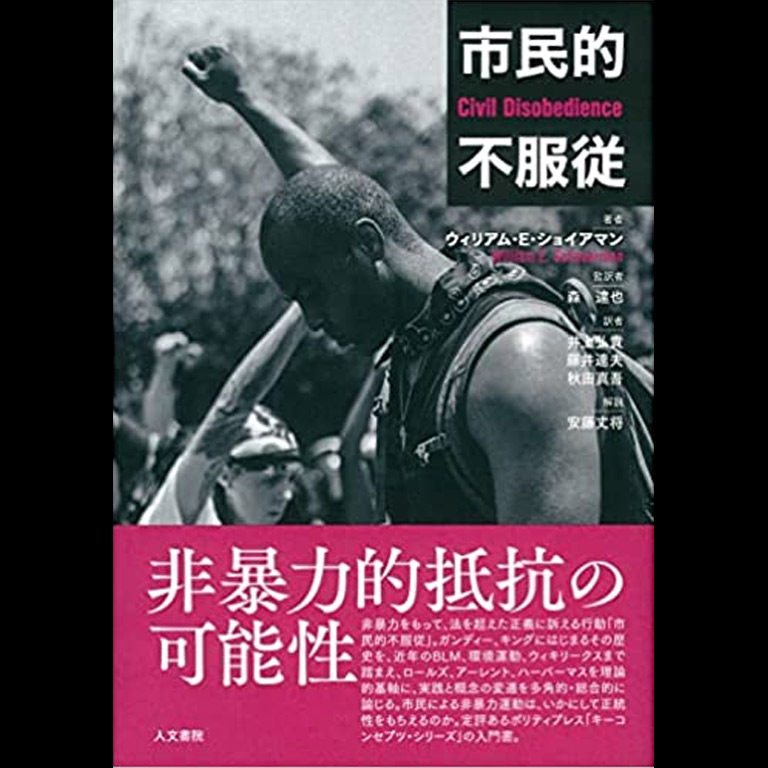
Bill Scheuerman's book
Civil Disobedience has been published in Japanese translation through Jimbun Shoin.
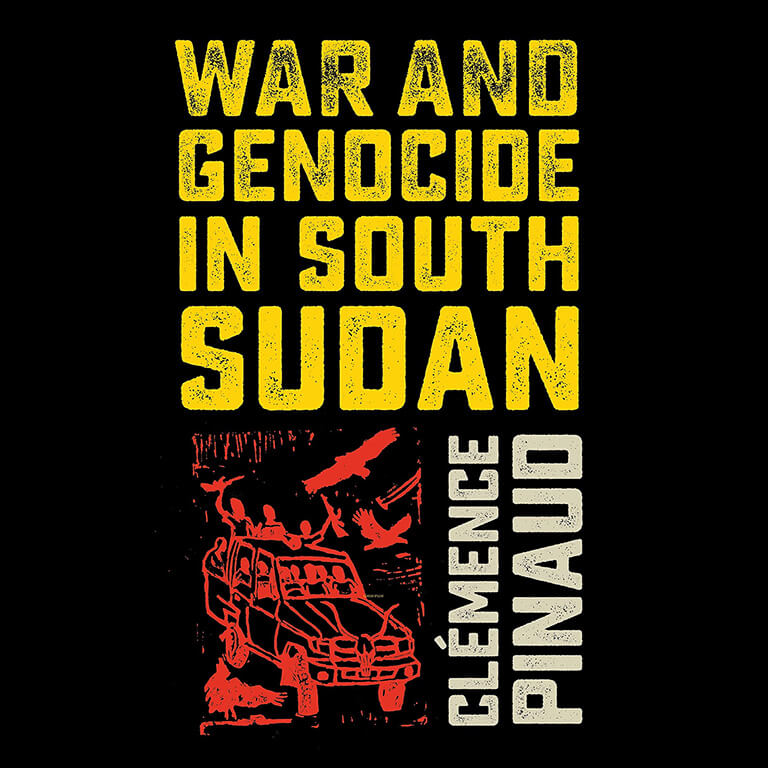
Clémence Pinaud's book
War and Genocide in South Sudan, is now available through Cornell University Press.
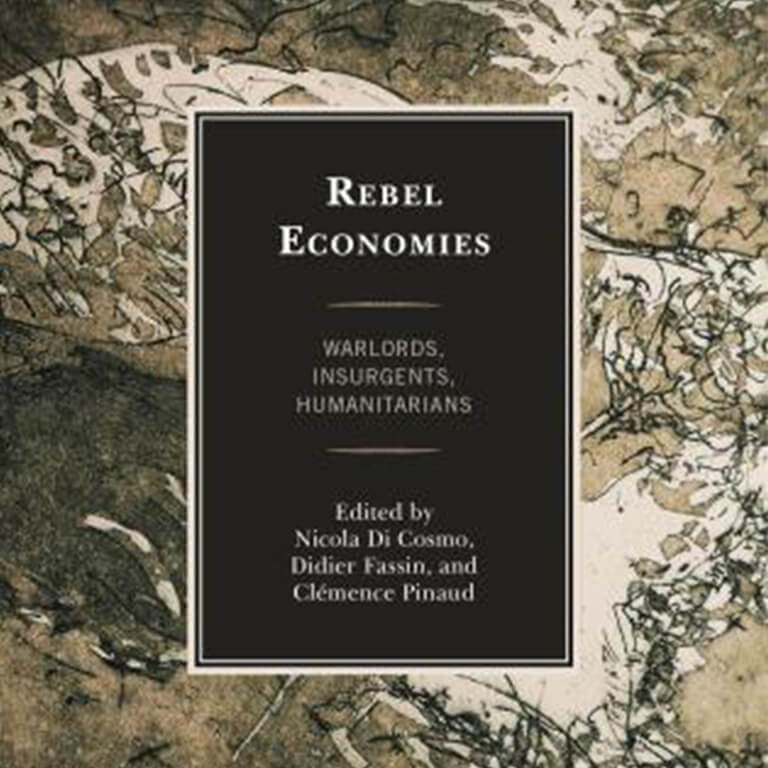
Clémence Pinaud's book
Rebel Economies: Warlords, Insurgents, Humanitarians, co-edited by Clémence Pinaud, has been published by Rowman and Littlefield.
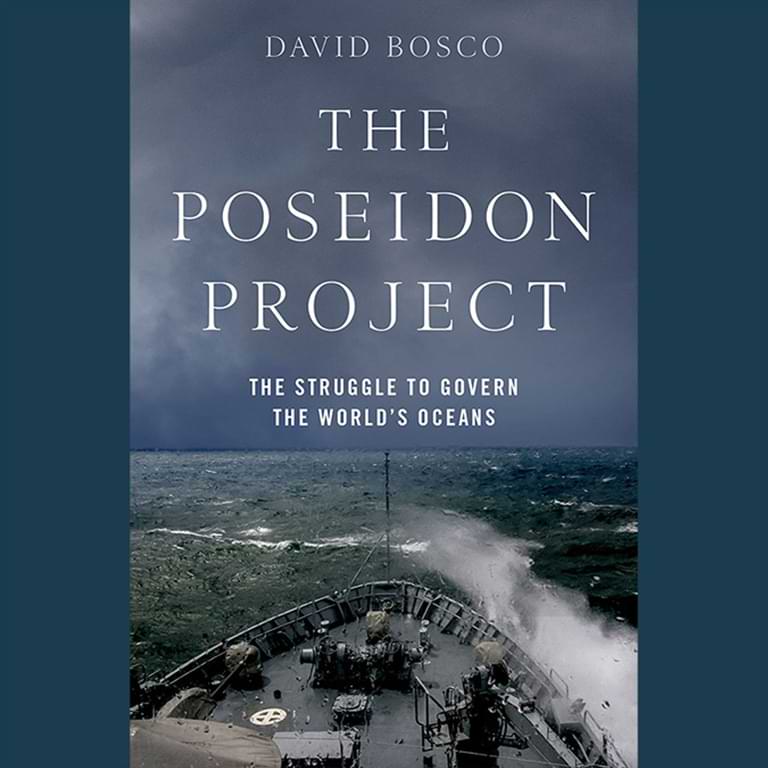
David Bosco's book
The Poseidon Project by David Bosco.
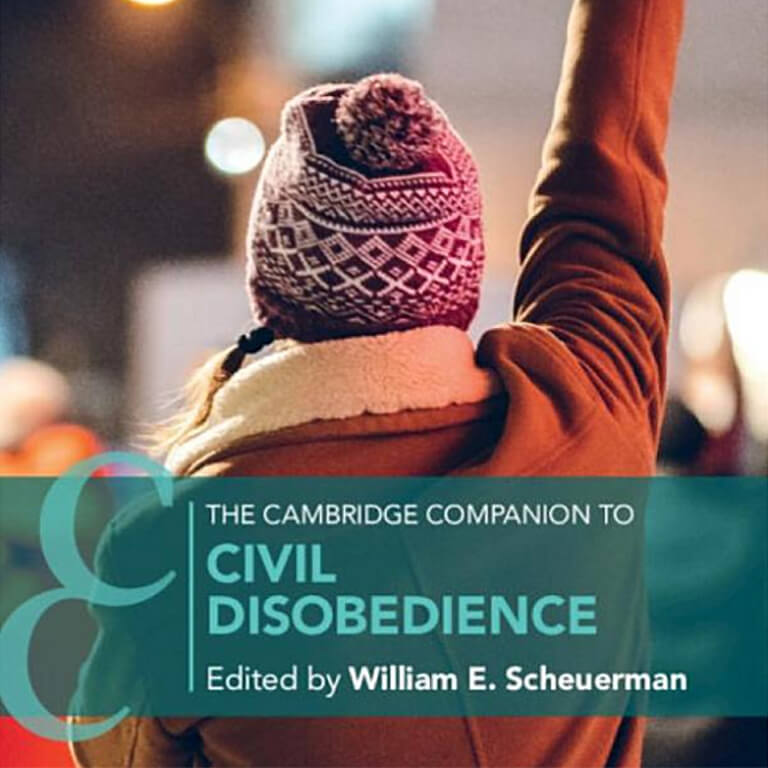
Bill Scheuerman's book
Bill Scheuerman edited The Cambridge Companion to Civil Disobedience, which will be published on July 15th.
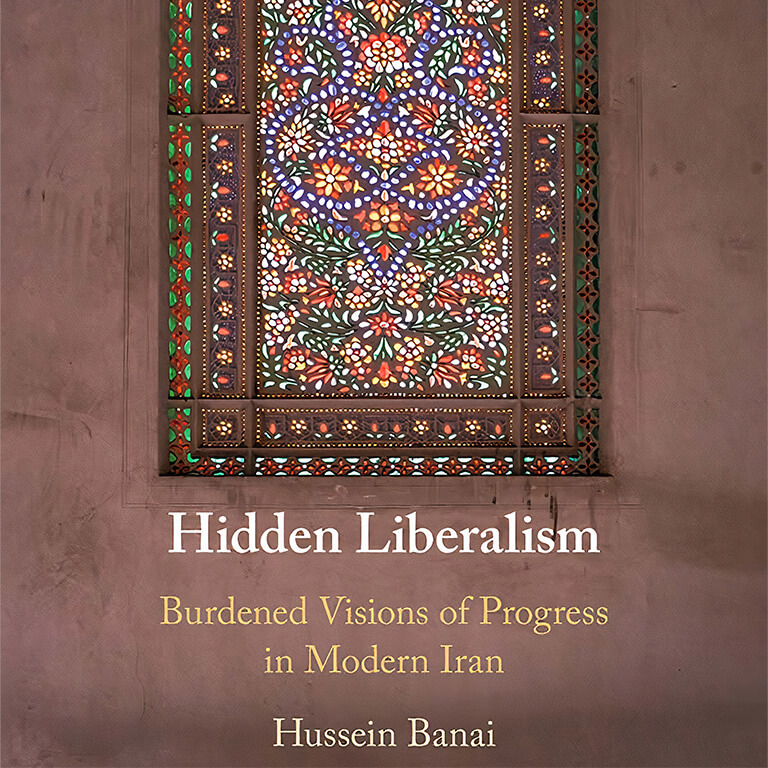
Huss Banai's book
Hidden Liberalism, was published by Cambridge University Press.

Sarah Bauerle Danzman's book
Merging Interests by Sarah Bauerle Danzman is now available through Cambridge University Press.
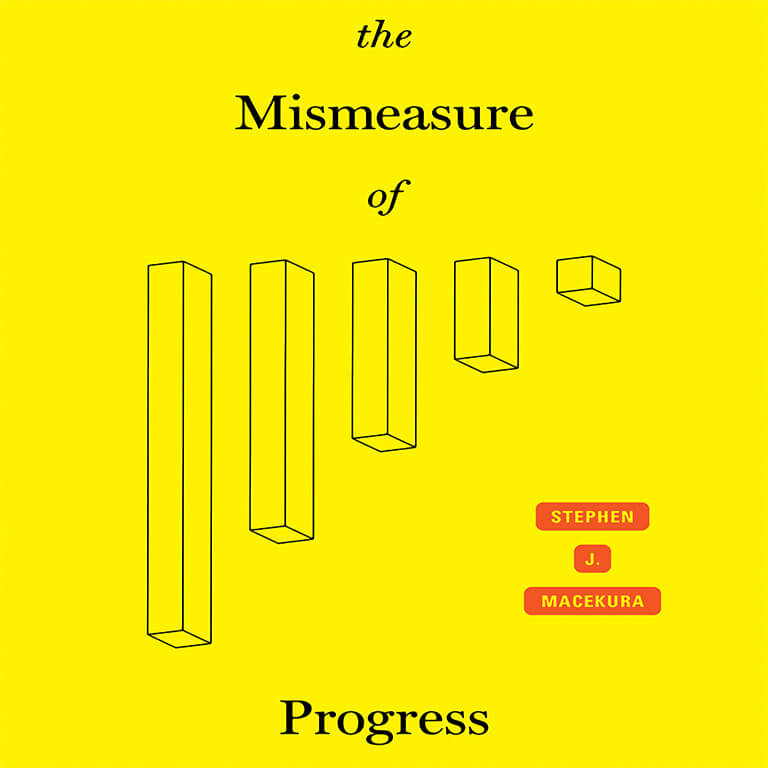
Stephen Macekura's book
The Mismeasure of Progress, is now available through the University of Chicago Press.
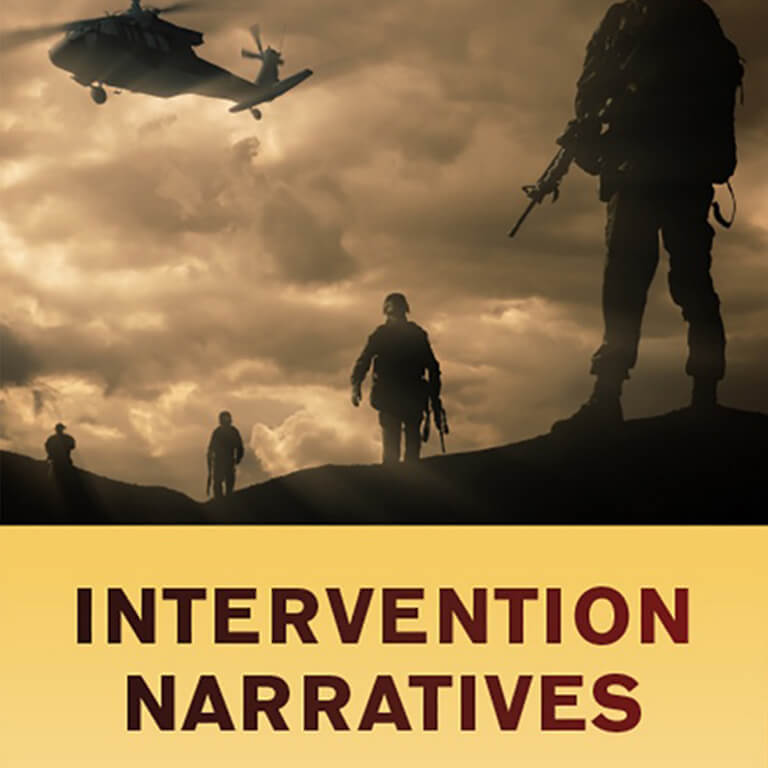
Purnima Bose’s book
Intervention Narratives: Afghanistan, the United States, and the Global War on Terror, was published by Rutgers University Press. Her book is also featured on the Page 99 Test.
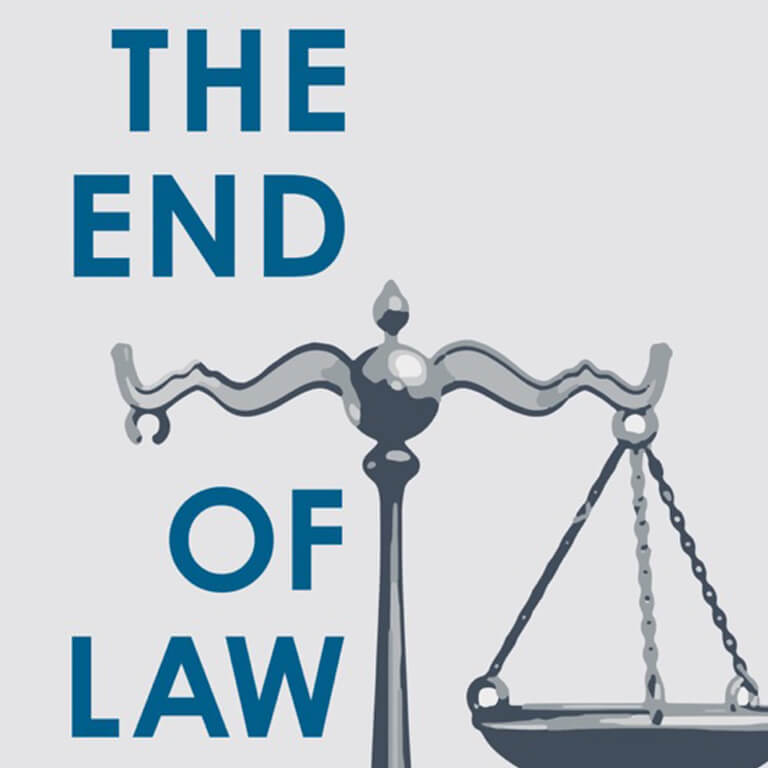
Bill Scheuerman’s book
The second, revised and expanded edition of Bill Scheuerman’s The End of Law: Carl Schmitt in The Twenty-First Century has been released by Rowman & Littlefield International (London).
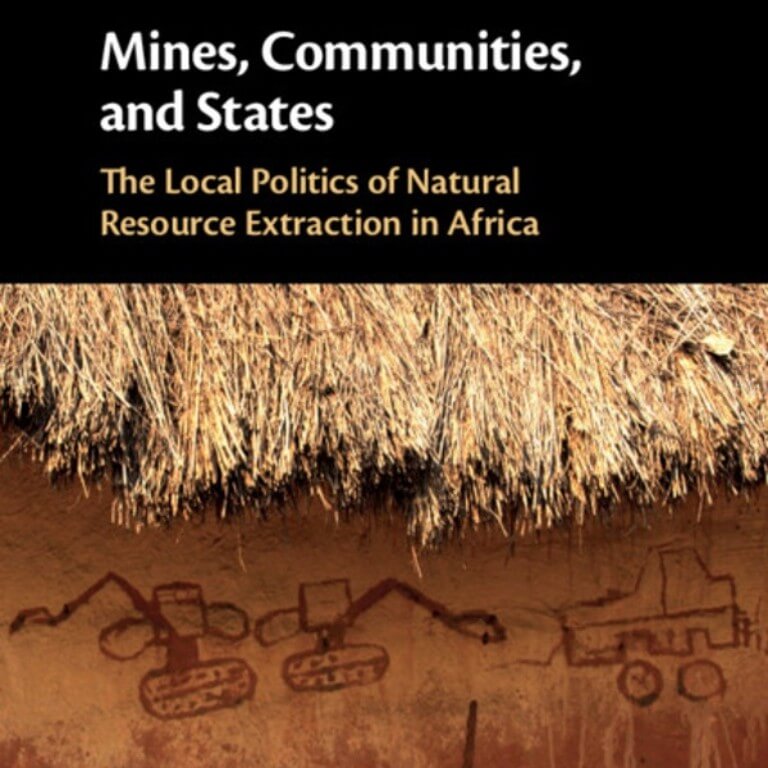
Jess Steinberg's book
Mines, Communities, and States: The Local Politics of Natural Resource Extraction in Africa, is now available through Cambridge University Press.
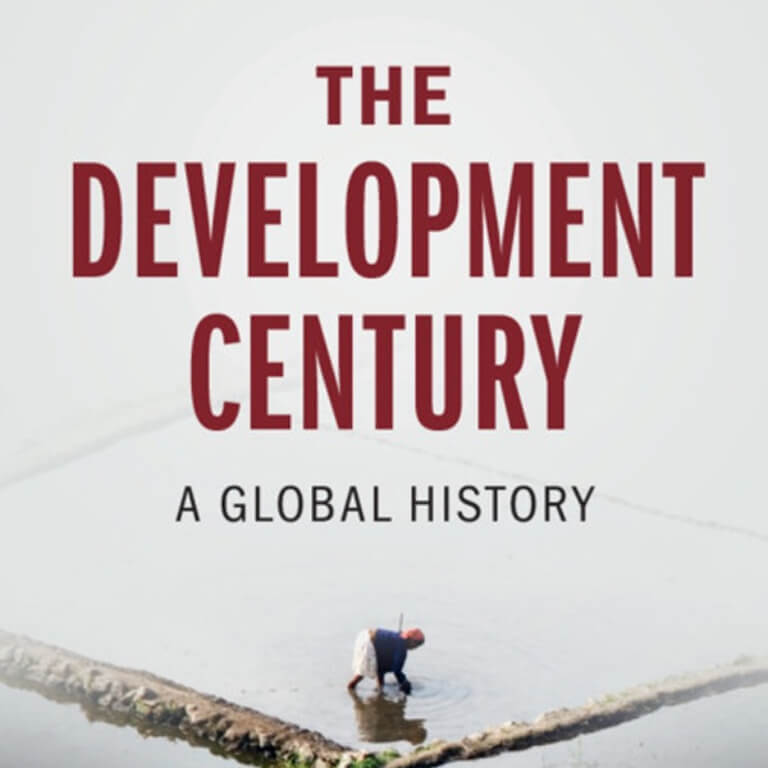
Stephen Macekura’s book
The Development Century: A Global History (co-edited with Erez Manela of Harvard University), has just been published.


